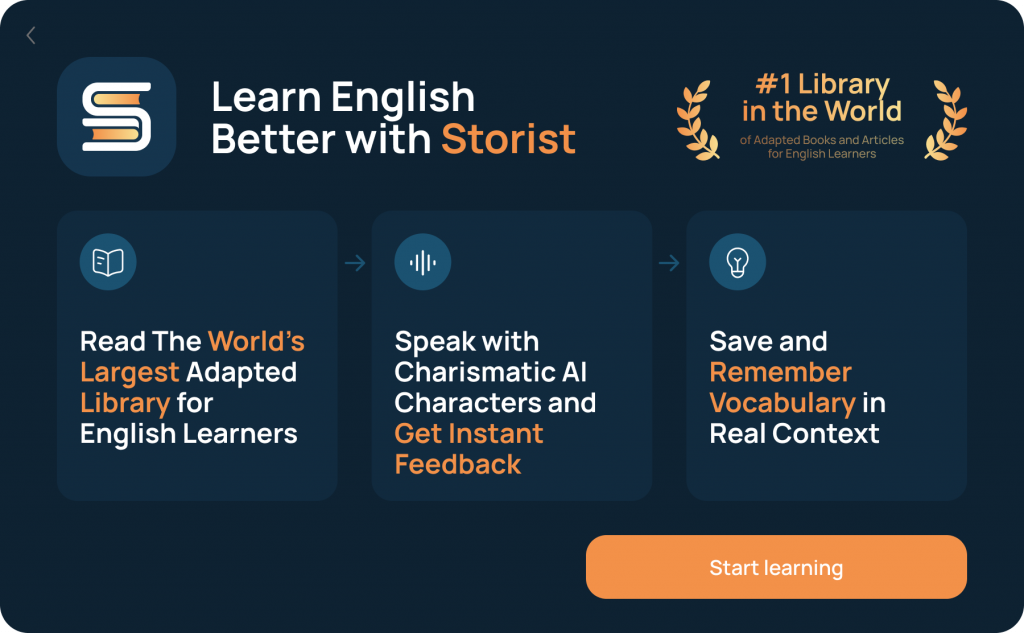Complete Method: English Tests Success with News in Levels in Japan
Master English tests like EIKEN and TOEIC in Japan using News in Levels structured reading method. Build vocabulary through graded articles.
Understanding English Test Requirements in Japan
English proficiency evaluations are essential for academic and career progress in Japan. Our company provides tailored learning materials to address the specific demands of Japanese English test takers. The main tests include EIKEN, TOEIC, TOEFL, and IELTS, each serving different learner groups. We organize preparation content into three progressive levels corresponding to these exams. These structured levels ensure learners build vocabulary and skills effectively to meet Japan’s English testing standards.
| Test Type | Target Audience | Vocabulary Level | News in Levels Preparation |
|---|---|---|---|
| EIKEN Grade 5-4 | Elementary students | 1,000 words | Level 1 articles |
| EIKEN Grade 3-2 | Junior high students | 2,000 words | Level 2 articles |
| TOEIC | Working professionals | 3,000+ words | Level 3 articles |
| TOEFL/IELTS | University applicants | 3,000+ words | Level 3 + discussion practice |
Our platform combines visual aids, audio support, and incremental difficulty to fit the methodical learning approach favored in Japan. The system helps learners progress logically through vocabulary and grammar aligned with test requirements. Each level increases complexity, ensuring readiness for the next stage of English proficiency. This progression supports Japanese learners in achieving measurable improvements on official tests.
Building Vocabulary Through Structured Reading
Level-Based Vocabulary Development
We organize vocabulary acquisition into three distinct tiers. Level 1 covers fundamental vocabulary with basic grammar. Level 2 introduces intermediate vocabulary paired with more complex sentence structures. Level 3 challenges learners with advanced words and grammatical forms. This tiered approach allows learners to build confidence while steadily expanding their language skills.
- Access identical news stories at all levels for reinforcement
- Spend two weeks per level for optimal absorption
- Progress from simple to complex grammar and vocabulary
- Use repetition to solidify word retention
- Apply reading skills in context with current news topics
This method supports vocabulary retention and comprehension for English tests in Japan. Repeated exposure to the same content facilitates learning transfer between levels. Students gain familiarity with test-relevant language in a contextualized setting, enhancing both reading and listening comprehension.
Listening Skills Development for Japanese Learners
Each article on our platform is paired with audio recordings. These recordings provide clear pronunciation models that accommodate common difficulties faced by Japanese speakers. Users can adjust audio speed to match their current proficiency and focus areas.
Listening exercises include three steps:
- Read while listening to connect sounds and text
- Listen without text to test comprehension
- Repeat sections to improve pronunciation and fluency
Audio is tailored to match the listening difficulty of Japanese English tests. Level 1 uses slow and clear speech, Level 2 introduces natural pace, and Level 3 presents native accents and faster dialogue. This progression ensures steady improvement aligned with test expectations.
Reading Comprehension Strategies
Systematic Text Analysis Methods
Our platform trains students in breaking down reading passages effectively. Learners identify main ideas, supporting points, and logical connections. Comprehension questions replicate formats found in Japanese English tests and provide instant feedback.
Contextual Vocabulary Learning
Vocabulary is taught within article contexts rather than isolated lists. Key terms are highlighted and defined inline to support understanding. Translation aids are available but gradually removed to encourage full English immersion.
Repeated exposure to new words across articles improves long-term retention. This approach fits well with the expectations of English tests in Japan, which require both vocabulary knowledge and contextual comprehension.
Writing Skills Enhancement Through Interactive Practice
Our platform offers writing exercises linked to article content. Students respond to prompts that simulate typical English test writing tasks found in Japan. These prompts require paragraph-length answers demonstrating vocabulary and grammar use.
Writing practice progresses as follows:
- Level 1: Simple sentence construction and present tense
- Level 2: Narrative writing using past tense and complex sentences
- Level 3: Argumentative essays with advanced grammar
Peer feedback via comments helps learners receive authentic communication experience. Moderation ensures discussions remain focused and appropriate. Writing tasks prepare students for EIKEN and other exam formats requiring descriptive and opinion writing.
Speaking Practice Integration
Audio Recording Features
Students use built-in recording tools to practice speaking responses. They compare their pronunciation against native speaker audio. This self-assessment supports independent study habits preferred in Japan.
Conversation Skill Development
Interactive discussions allow learners to converse with peers on article topics. Prompts encourage detailed answers, enhancing fluency and elaboration skills. This practice aligns with oral components of English tests in Japan, such as EIKEN interviews.
Daily Study Routine Implementation
We recommend a daily practice schedule that fits Japanese learners’ lifestyles. Morning sessions focus on reading comprehension. Listening exercises are ideal for commutes. Evening time is best for writing and speaking practice.
Progress tracking helps learners stay motivated and aware of their advancement. The system records vocabulary acquisition and comprehension accuracy.
| Time Period | Activity | Duration | Focus Area |
|---|---|---|---|
| Morning | Article reading | 15 minutes | Comprehension |
| Commute | Audio listening | 10 minutes | Pronunciation |
| Lunch break | Vocabulary review | 10 minutes | Retention |
| Evening | Writing practice | 15 minutes | Expression |
| Before bed | Speaking practice | 10 minutes | Fluency |
Progress Monitoring and Advanced Test Strategy Development
Skill Level Evaluation
Our platform offers frequent assessments measuring vocabulary, reading, listening, speaking, and writing skills. These evaluations align with the requirements of English tests in Japan. Detailed reports help learners identify strengths and areas needing improvement.
Preparation Timeline Management
Customized study plans based on target test dates keep learners on track. Weekly milestones and reminders help reduce anxiety and maintain steady progress. This structure supports Japanese learners’ preference for goal-oriented study methods.
| Strategy Type | Application | Benefit | Practice Method |
|---|---|---|---|
| Time management | Question prioritization | Improved completion rates | Timed practice tests |
| Vocabulary inference | Context clue usage | Higher comprehension | Progressive reading |
| Error pattern recognition | Mistake identification | Reduced repeated errors | Answer analysis |
| Test format familiarity | Question type mastery | Increased confidence | Format-specific practice |
Practice tests simulate real exam conditions encountered in Japan. Students gain experience managing time and analyzing complex questions. Our error-focused exercises target common challenges such as preposition use and verb tense consistency. These strategies enhance overall test performance.
❓ FAQ
How do I start using News in Levels for English tests in Japan?
Create an account, select your target test level, and begin reading articles matched to your vocabulary stage. Use integrated audio and writing tools to practice comprehensively.
Can I adjust the difficulty of audio playback?
Yes, our platform allows you to slow down or speed up audio tracks to suit your listening skills and test preparation needs.
Are the vocabulary lists tailored to Japanese English tests?
Absolutely. Our vocabulary levels correspond to the word ranges required by EIKEN, TOEIC, and other tests widely used in Japan.
How is progress tracked on News in Levels?
The system records your comprehension scores, vocabulary growth, and writing feedback, providing reports that help you monitor improvements over time.
Does News in Levels support speaking practice?
Yes, you can record your voice, compare it with native speakers, and participate in peer conversations to develop speaking skills.


